Arab American empowerment continues to grow
Arab Americans have been fighting for a place at the American table from the day they set foot in America. But in recent years, their empowerment has increased despite the increased discrimination in the wake of the terrorist attacks of Sept. 11, 2001. In recently years, Arab Americans have been breaking away from the grip of the small groups of extremists who have dominated the community and are more and more becoming engaged in mainstream American politics not just as Arabs but as American Arabs
By Ray Hanania
Many ethnic and racial groups faced discrimination in America, but they eventually overcome it.
Illinois candidate for Governor Chris Kennedy, the son of the assassinated U.S. Senator Robert F. Kennedy, recently reminded Arab Americans that the Irish in America didn’t always have power.
For many years, the Irish faced discrimination and signs were posted that read “NINA,” an acronym for “No Irish Need Apply.”
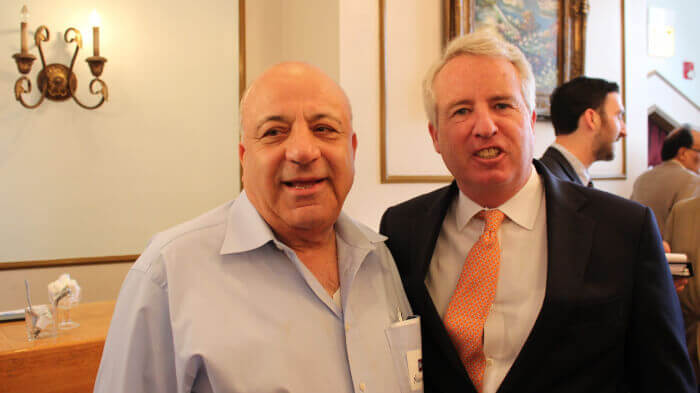
Arab Americans face subtle discrimination. The people who hate us don’t display “NANA” signs – “No Arabs Need Apply.” It’s built into the system and Arab Americans are excluded in politics and the news media. Our voices are not heard, although we keep fighting to change all that.
Like all Arabs in America, I faced discrimination. After serving honorably during the Vietnam War in the U.S. Military, the FBI still opened an investigation into my life when I was discharged asserting I might be a “terrorist.” The two-year probe concluded I was merely concerned with bettering my community.
Today, 43 years later, many things have changed, but many things are the same.
It wasn’t long ago that elected government officials in America wouldn’t even take our phone calls. Some still refuse to meet with us like Chicago’s Mayor Rahm Emanuel and New York’s Senator Chuck Schumer.
Worse, when we engaged in the election process, and contributed money to their campaigns, we became targets of the bitter election process. Opponents of the candidates we supported pointed to us as “evidence” that the candidate was “bad” because they had support from “Arabs.” So, the candidates we tried to help returned our money, as if our hard-earned income was tainted.
That started to change in the 1990s but after the terrorist attacks of Sept. 11, 2001, candidates shied away from us again. Politicians in America started to distinguish between Arab Muslims and non-Arab Muslims. The majority of Muslims in America are non-Arab, and most, including Pakistanis, Indians, Asians and African Muslims, continued to be engaged in American politics while Arabs were not.
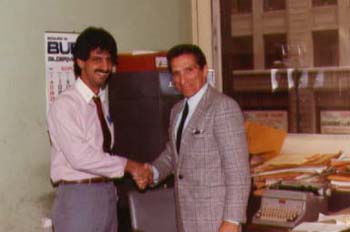
But the sands are shifting again in favor of Arab Americans. The biggest gains have been in Michigan where Arabs have elected many candidates to public office. That trend is spreading to other areas like Chicago in Illinois.
This week, the Arab American Democratic Club of Chicagoland (AADC), which has been fighting for the rights of Arab American voters since its founding in 1983, hosted a political forum. More than 500 Arab Americans attended the event to show their support for political engagement. But even more significant was that nearly every candidate for every office in Illinois – judges, legislators, mayors, county commissioners and trustees – attended asking for Arab American support, money, and the chance to speak publicly in support of Arab American rights.
In fact, rivals for political office attended together, both vying for Arab American voter support. It used to be that if one attended the rival would use that to attack. Not anymore.
Candidates on both sides of contested races attended like Cook County Assessor Joe Berrios and challenger Kris Kaegi, Congressman Dan Lipinski and challenger Marie Newman, and so many others including 6th District County Board candidate Patricia Joan Murphy, Illinois Attorney General candidate and former Governor Pat Quinn, Gubernatorial candidate Chris Kennedy, and many local regional officials like Lyons Mayor Chris Getty. There were a dozen judicial candidates, and many local trustees there, too.
Although the U.S. Census refuses to count Arabs in a continued effort to suppress our growing influence in America, the Arab American vote is growing. There are other ways to measure our empowerment.
When Americans are canvassed for their vote, ethnicity is identified in the canvass. I have the voter roster for Illinois and for the United States. In Illinois, 83,000 voters are identified as “Arab.” In America, 1.3 million voters are identified as “Arab.” The identification process is flawed, though, because many Arab voters don’t “look” Arab or publicly identify as being Arab. Remember, we have been persecuted in America, so many Arabs change their names from Mohammed to “Mike,” and from Fareed to “Fred.”
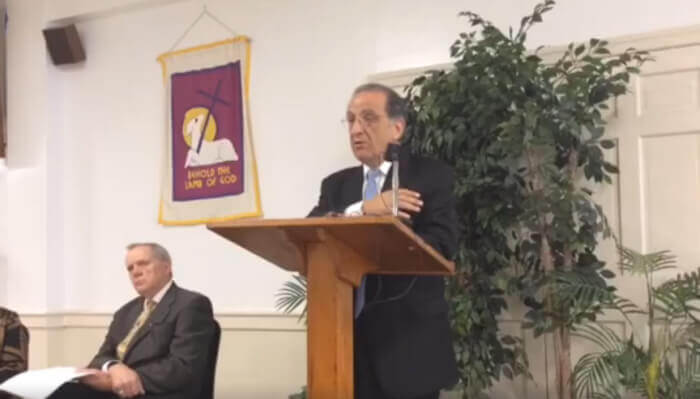
I argue this non-U.S. Census and unofficial canvass is deficient. I think many Arabs hide their identities to avoid being victimized. It could be as much as 50 percent, which means there are 166,000 Arab voters in Illinois and 2.6 million Arab voters in America.
We can extrapolate those numbers to flesh out the real community size.
The Census says 22 percent of Americans who can register to vote don’t. That means that if Arabs are “typical” Americas, the 2.6 million Arab voters really equals 3.2 million voters.
The Census also notes that 75 million of the nation’s 300 million Americans can’t vote because they are under 18. That’s 25 percent, so the real Arab population in America is 4 million people.
Factor in that most Arab families have more children than typical Americans and that increases the 4 million number even more.
In America, the Irish, Italians, Blacks and Hispanics don’t have to do this mathematical gymnastics when assessing their empowerment. But Arab Americans must.
That’s why it was so amazing to see dozens of American candidates from all ethnic backgrounds including the Irish, Blacks, Polish, Italians, and Hispanics ask for the Arab American vote at the AADC event, which is networked with the Arab American Institute in Washington D.C. Even if the Census won’t count us, American officials are starting to recognize our importance as a voting constituency.
There was one other important aspect of the investigation the FBI conducted on me that I should mention. At the very end, it cautioned other FBI agents not to interview me: “It is believed that an interview of the subject [Hanania] would be unproductive. Considering his position as editor of The Middle Eastern Voice Newspaper, mentioned in the enclosed MEMO, an interview could lead to difficulties in future interviews with other Arab subjects.”
That’s when I realized that there is one power that is greater than the right to vote. The FBI was afraid of me because I published a small English language newspaper in the mid-1970s for Arab Americans.
Clearly, communications and journalism are real powers in America, too.
(Ray Hanania is an award-winning Palestinian American columnist and author. Email him at his website at TheDailyHookah.com or at rghanania@gmail.com.)
Some notes:
Census under 18 years of age
Non-registered US voters — 22 percent

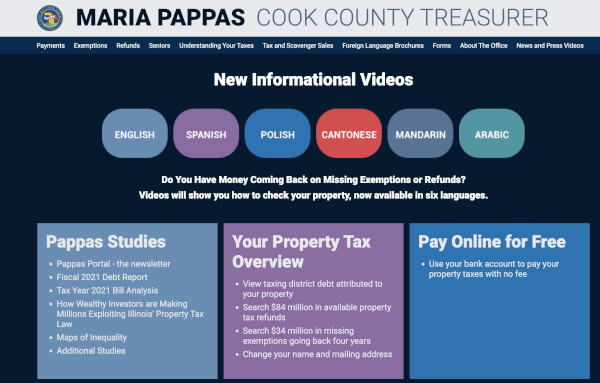
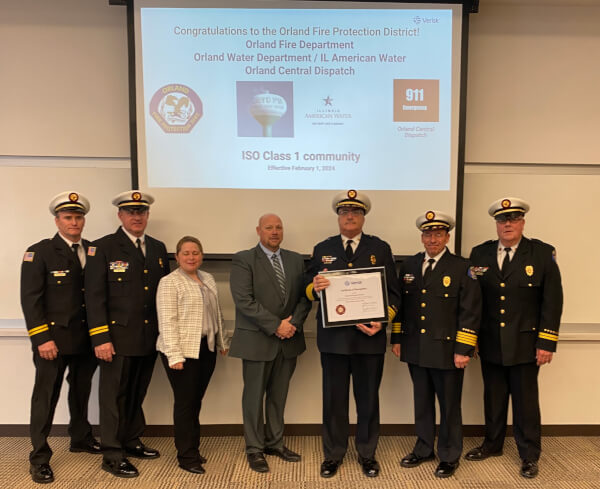
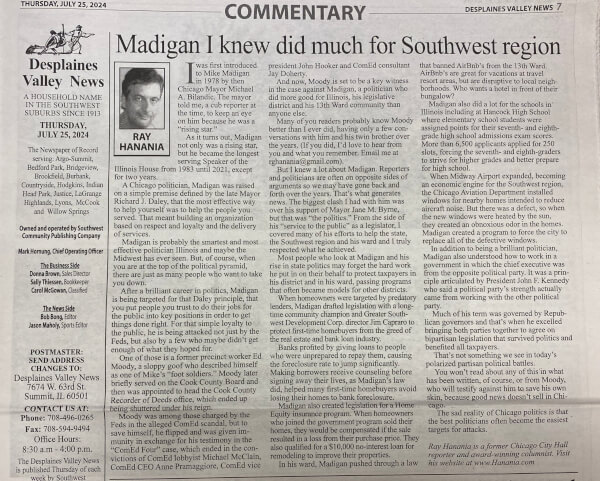
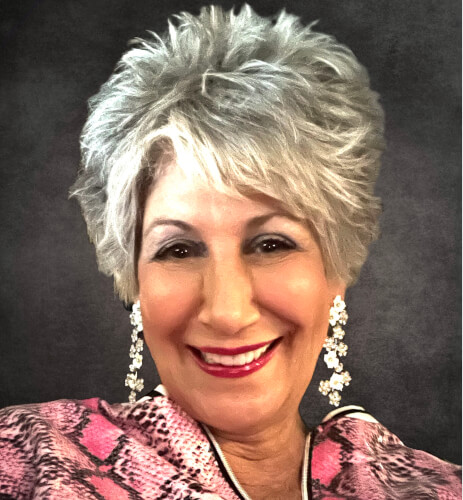
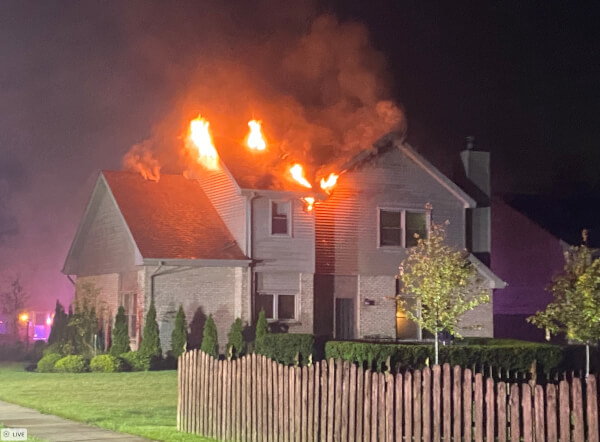
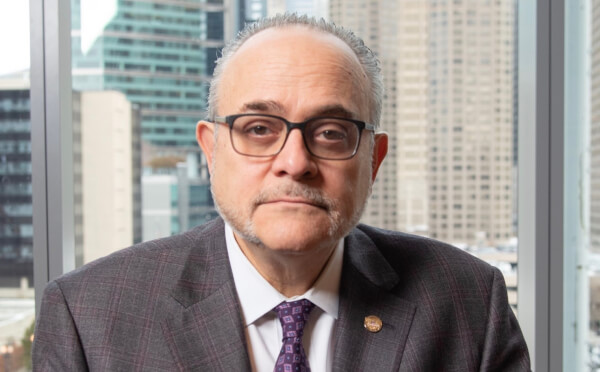
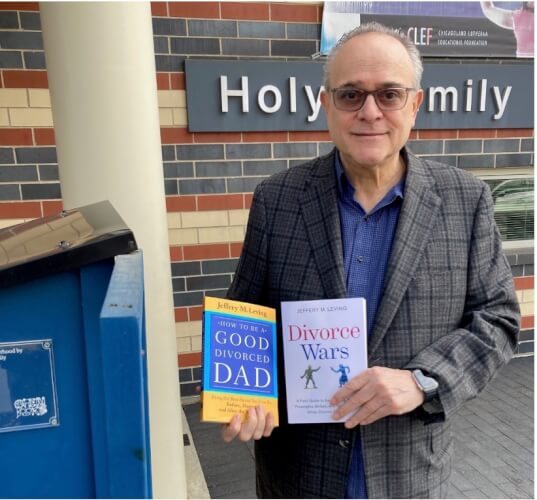
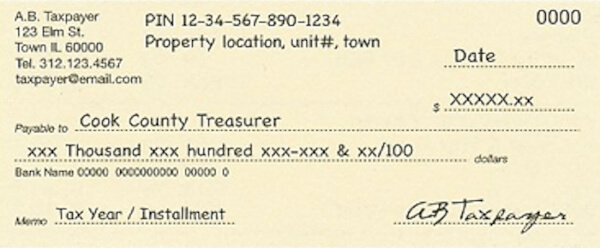
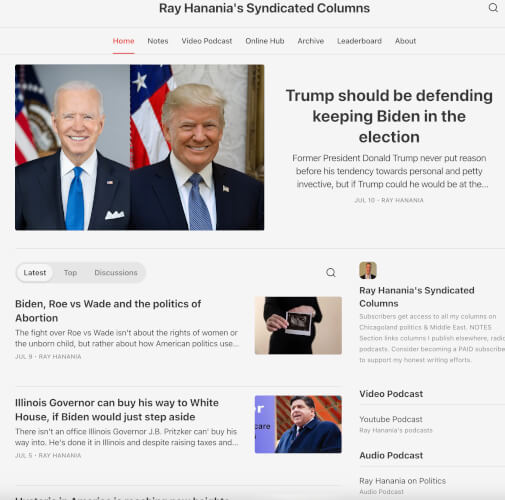
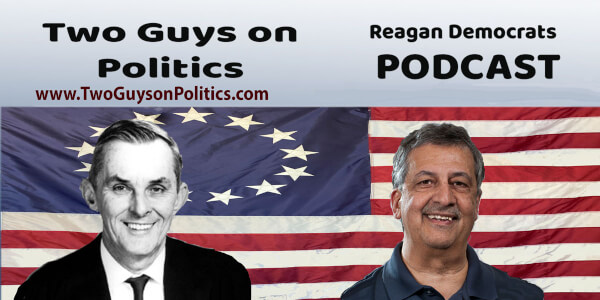
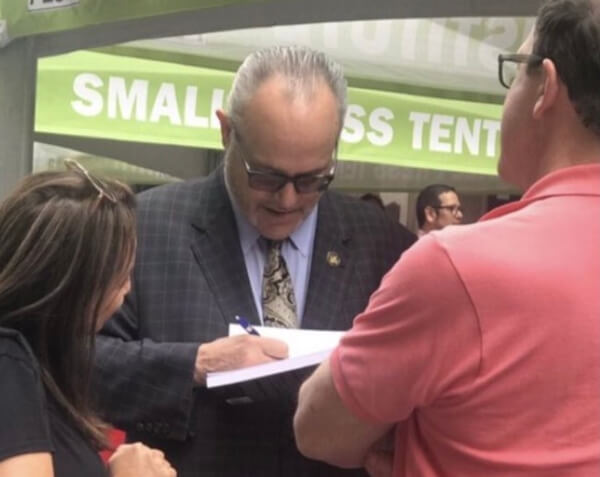
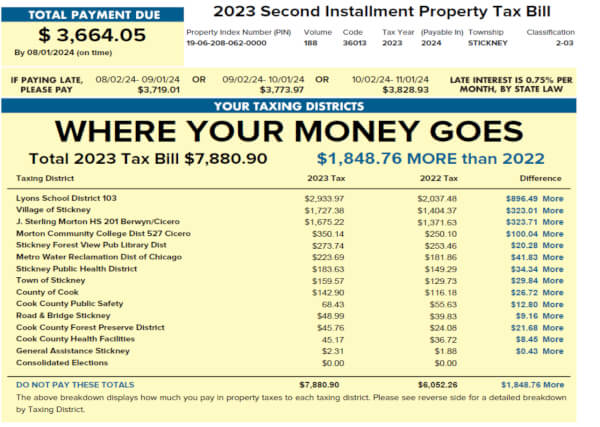
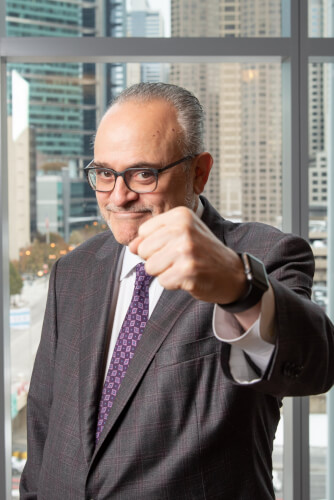



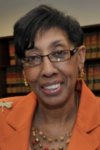

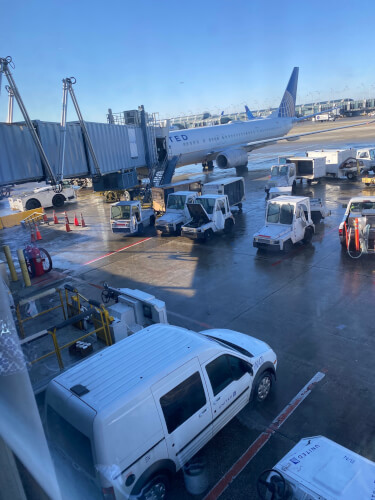



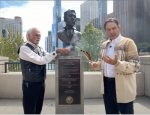

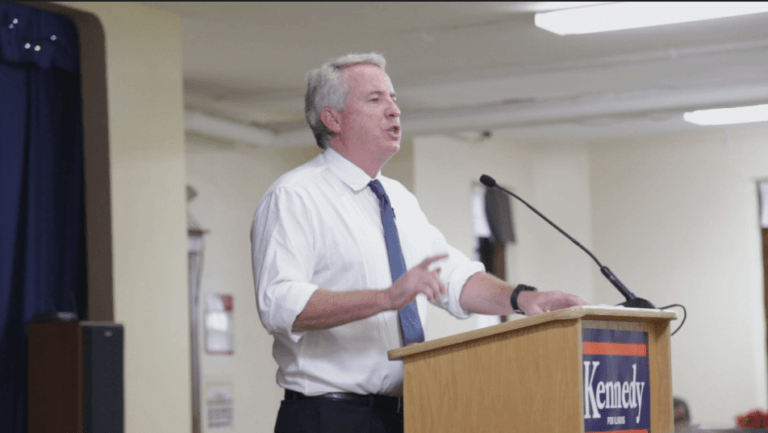

Marie Newman is a once in a generation candidate for Arab-Americans in the 3rd District. She attended the protests against Palos Trustee and public Islamaphobe, Sharon Branigan. Newman put out a video showing her support for the community. If the the Arab-American community does not come out in droves to vote for her in the primary on March 20th, shame on you. Arabs correctly complain about AIPAC. Well, here is your chance to shine; to show that Arabs matter and select a candidate that will share their voice in Washington.